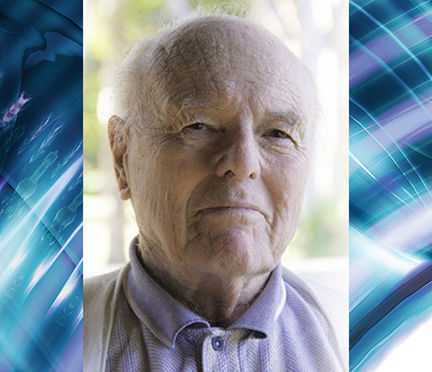Television Channel 53 brings to Kauai viewers the proceedings of Kauai’s governmental bodies, principally its county council. It is a very worthwhile service. The program shows in real time how our legislative body and several of our committees and boards function. The viewer will experience the gamut of perceptions — boredom, enjoyment, disgust, discovery, appreciation and frustration.
Most of the time the channel will air the proceedings of our county council. It meets year-round and many of its sessions extend for long hours. I intend to cover in this article a few vignettes of recent council meetings and my observations about them.
In general, the council meetings are divided into sessions of the entire council and sessions of one or more committees of the council. The latter typically consider the preliminary phases of proposed bills which, if favored, will then be provided to the full council for final determination.
An illustration of one of the better instances of council committee treatment was in the case of the proposed shoreline setback ordinance earlier this month. The subject of this bill had been under consideration by a team composed of interested citizens, council staff and members of the council since 2008.
The reasons for and the justification for the bill were thoughtfully presented by team members. While the subject matter was not too complex there were several issues that had been thoughtfully considered. The presentation and the deliberations went smoothly.
In striking contrast was the $500,000 money bill requested by the county attorney also earlier this month. He advised that the purpose of the bill was to “replenish” funds for services of special counsel to represent the county in various legal proceedings. He was ill prepared as to whether the funds were required for services incurred but not paid or for future services. The details were shielded from the public. In some cases it appeared that funds were needed for unpaid billings from special counsel for amounts that exceeded those authorized by the council for the cases involved.
It seems that there were no procedures in place in the county attorney’s operation that prevented the overruns of authorized amounts.
Council members reminded the county attorney the large and inferentially wasteful sums that had recently been expended without responsible accounting. For me, it was reminiscent of a statement I once heard from the president of IBM when it was resisting anti-trust law violation claims.
He remarked that all operations of that company were tightly budgeted except for the Office of the General Counsel, which had an unlimited budget which he exceeded every year.
The session portrayed the frustration of council members with the dubious competency shown by the county attorney and his office in handling the costs of situations requiring special counsel to represent the county and its employees. After some heated discussion, the bill was rejected by the Finance Committee of the council.
Another interesting recent episode concerned the special council meeting scheduled for 8:30 in the morning of March 19. At that time the council chair arrived and announced that the meeting had been canceled. When a council member protested and inquired the reason for the cancellation, the chair advised he would inform the council member privately but would not state the reason publicly for the citizens who were in attendance.
In my view, the chair acted improperly. The procedural rules for council meetings are set by the council and they specify that unless superseded by a specific rule approved by the council, the operation of the council is pursuant to Robert’s Rules of Order.
Under Robert’s Rules, the chair may, in the absence of a quorum, determine that a meeting announced and set for a specific time is deferred or canceled, but if a quorum is present that determination is to be made by vote of the members.
Although a quorum was present, no vote occurred. Also, the chair lost sight of the fact the council meetings are held to serve the public and as the Sunshine Law points out, should be transparent to the greatest extent possible.
If the meeting from the chair’s perspective needed to be canceled, he should have stated the reason to those present unless there was a compelling reason for privacy.
His response to the council members inquiry was insufficient and disparaging to the citizens present. This seems an instance of the corruption power brings.
As noted at the beginning, the Hoike program is an opportunity for citizens to learn how our county is being governed and to better see its successes and its failures.
Along the way, you will have the chance to observe what is working and what is not, the cooperation or lack of it between the administration and the council, and about the performance of the people you have chosen to act as our representatives.
• Walter Lewis is a Lihue resident who writes a regular column for The Garden Island.




